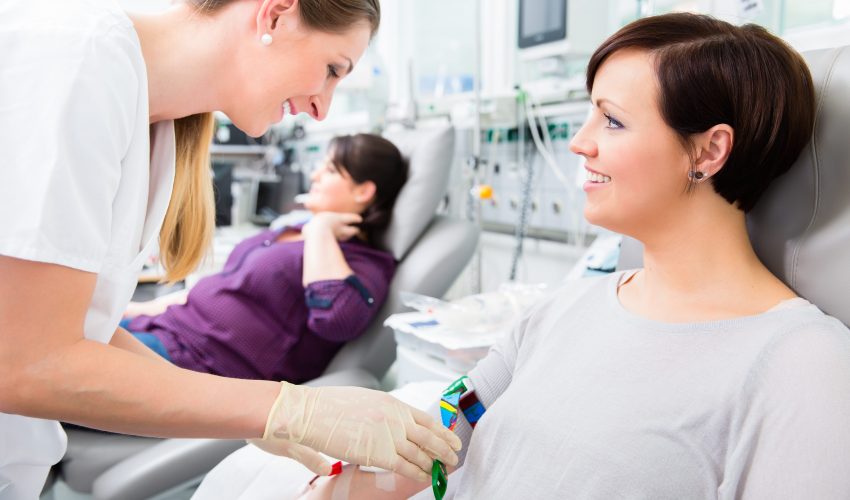Post Views: 2,065
Views No Comments
In the U.S. Centers for Disease Control and Prevention, the Division of Community Health supports efforts preventing diseases and promoting healthy-living across the country. When working with community health, you should understand the importance of health promotion, disease/illness prevention, and risk diminution.
Community health nursing can be defined as the nursing discipline that integrates evidence-based research along with advancements in science, as well as new methodologies to improve the people’s health. This nursing practice takes into account the cultural, as well as socioeconomic backgrounds of the community to communicate effectively with them. A community health nurse plays a vital role in educating and promoting health and wellness.
A community health nurse is the primary care provider who works in an expanded role with other medical professionals. Besides providing community health services, home care, and public healthcare services, these nurses will also offer the following extended services:
By working in a variety of settings, community health nurses will help meet the needs of patients who are not able to show up at hospitals, such as vulnerable, elderly, and disable patients.
Typically, community health nurses are trained to carry out a wide range of nursing procedures including:
In addition, community health nurses will provide educational and advisory services for their patients, as well as their families.
Unlike other nursing professions, a community nurse will have a variety of roles to play to be involved in the community. Here are a few ways community health nurses can be involved:
As a community nurse, you should focus on preventing diseases both in the short-term, as well as long-term. In this line, your work will include averting/controlling the spread of communicable diseases like the flu. In addition, you should also work with patients in your community towards diabetes self-management and diabetes control. You can also work with mommies of newborns to decrease the infant mortality rates and schools to recognize the gaps in healthcare services.
Being a community nurse means to take up the role of an educator that focuses on presenting information in a comprehensive manner. You should put forward the information to your patients, their families, and communities in a way to create a network for healthy living/health choices. While working in schools, you should teach sex education to the children to prevent HIV and other STDs. In public forums, you can conduct classes/seminars on diabetes management. In simple terms, as a community health nurse, you should focus on health education that paves way for the preventative healthcare
As a community nurse, you should use evidence to execute the changes in healthcare policies and quality-based medical practice. You should not stop yourself from becoming a leader in the collaborative efforts that are taken to generate successful health outcomes, thus providing critical health and social services in your community.
By being involved in nursing research, community health nurses can help gather and use evidence to implement constructive changes for the betterment of community health. As you know, your research can be used to validate funding for public health schemes, decrease inequalities in the medical sector, and elevate the levels of access to healthcare services.
As a community health nurse, you should be able to advocate on the local/state/federal level to offer better access to health services, save funding for public health schemes, and decrease/eradicate health disparities. In addition, you should help families in arranging assistance via social services programs like WIC that offers healthcare, as well as nutritional services for low-income generating pregnant ladies, breastfeeding moms, and children below 5 years.
Being a community nurse, you will have to act as a manager when you are attending to patient care, supervising staff, doing case management, running clinics, and conducting community health assessments. Thus, you will be involved in four steps of management, which are:
Community health nurses are vital in the United States for certain communities who are more susceptible to chronic illnesses, diseases, or economic hardships. Community health nurses have the potential to enhance the health and well-being of people in their own communities. As a nurse in this practice,
you will be at the forefront of bringing high-quality healthcare to the ones who need it the most.
When working with community health, you should understand the importance of health promotion, disease/illness prevention, and risk diminution. Read on to learn more about what nurses should do in their communities.

